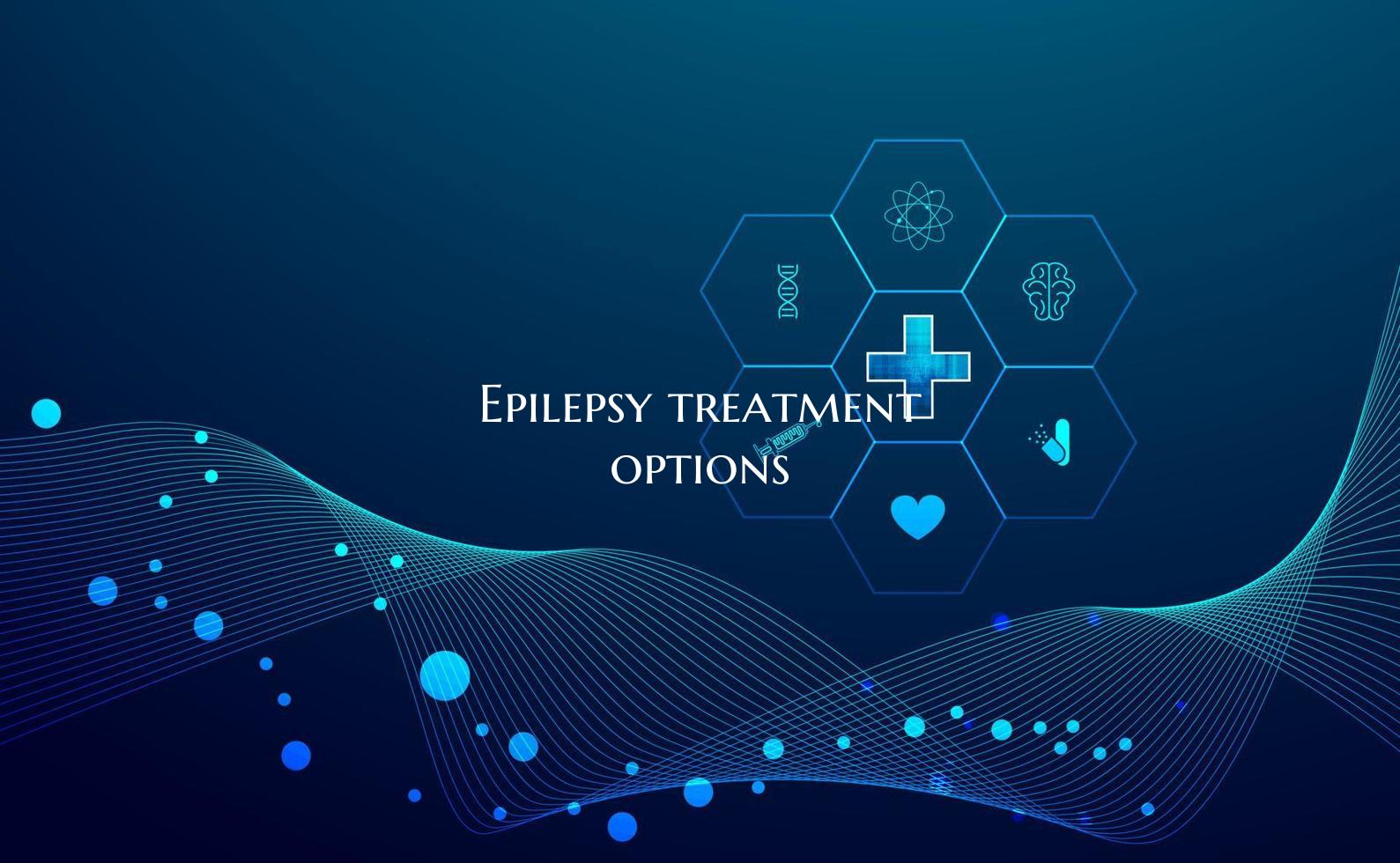
Epilepsy treatment options
Epilepsy Treatment Options: Managing Seizures and Improving Quality of Life
Epilepsy is a neurological disorder characterized by unpredictable seizures that can significantly impact an individual's daily life. While there is currently no cure for epilepsy, there are numerous treatment options available to help manage seizures and improve quality of life for those affected by the condition.
1. Medications: The most common treatment for epilepsy is antiepileptic medications. These drugs work by stabilizing electrical activity in the brain to reduce the frequency and severity of seizures. It is essential for individuals with epilepsy to work closely with their healthcare provider to find the right medication and dosage that effectively controls their seizures with minimal side effects.
2. Surgery: In some cases, surgery may be recommended for individuals with epilepsy who do not respond well to medication. Surgery can involve removing the area of the brain where seizures originate or implanting devices to help control seizure activity.
3. Vagus Nerve Stimulation (VNS): VNS is a treatment option that involves implanting a device that sends regular electrical impulses to the vagus nerve in the neck. These impulses can help reduce the frequency and intensity of seizures in some people with epilepsy.
4. Ketogenic Diet: The ketogenic diet is a high-fat, low-carbohydrate diet that has been shown to help reduce seizures in some individuals with epilepsy, particularly children. This diet may be recommended for those who do not respond well to medication or are not candidates for surgery.
5. Lifestyle Modifications: Maintaining a healthy lifestyle can also help manage epilepsy. Getting enough sleep, reducing stress, and avoiding triggers such as flashing lights or specific foods can help reduce the likelihood of seizures.
6. Alternative Therapies: Some individuals with epilepsy may benefit from complementary and alternative therapies such as acupuncture, yoga, or biofeedback to help manage stress and improve overall well-being.
It is essential for individuals with epilepsy to work closely with a healthcare provider to develop a personalized treatment plan that addresses their specific needs and goals. By exploring the various treatment options available, individuals with epilepsy can effectively manage their condition and lead fulfilling lives.